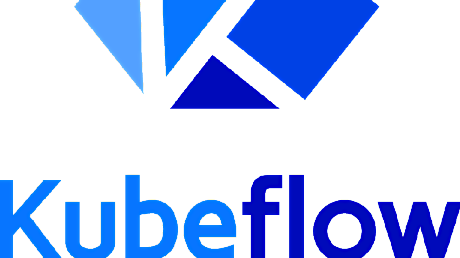 INFRA
INFRA
 INFRA
INFRA
 INFRA
INFRA
Developing applications for the cloud increasingly requires building and deploying containerized microservices, or application modules that can be deployed to multiple computing environments.
Increasingly, artificial intelligence is at the core of these cloud applications. Addressing the need to create and deploy containerized AI models within cloud applications, more providers of application development tools are building support for containerization into their data-science workbenches and for programming of these applications using languages such as Python, Java and R.
Data science workbenches are the focus of much AI application development. The latest generation of these tools is leveraging cloud-native interfaces to a steady stream of containerized machine learning models all the way to the edge.
Deploying a finished app to live status on its target platform in the AI DevOps pipeline is no easy feat. It requires a wide range of tooling and infrastructure capabilities, ranging from the workbenches that provide access to such popular AI modeling frameworks as TensorFlow and PyTorch to big data analytics, data governance and workflow management platforms. In a cloud-native context, it also requires the ability to deploy containerized machine learning and other AI microservices over Kubernetes orchestration backbones in public, private, hybrid, multicloud and even edge environments.
As AI applications begin to infuse every nook and cranny of the cloud-computing universe, it’s absolutely essential that there be open, flexible standards for this DevOps pipeline. This could enable an AI application built in one workbench or framework to be trained, served, executed, benchmarked and managed downstream in diverse cloud-native application environments that all ride a common end-to-end Kubernetes backplane.
Recognizing this imperative, the AI community has in the past year rapidly coalesced around an open-source project that has built a platform to drive the machine learning DevOps pipeline over Kubernetes. Developed by Google LLC and launched in late 2017, Kubeflow provides a framework-agnostic pipeline for deploying AI microservices across a multiframework, multicloud cloud-native ecosystem.
Kubeflow supports the entire DevOps lifecycle for containerized machine learning. It simplifies the creation of production-ready AI microservices, ensures the mobility of containerized AI apps between Kubernetes clusters, and supports scaling of AI DevOps workloads to any cluster size. And it’s designed to support any workload in the end-to-end AI DevOps pipeline, ranging from upfront data preparation to iterative modeling and training, and thence too downstream serving, evaluation and management of containerized AI microservices.
Though it began as an internal Google project for simplified deployment of TensorFlow machine learning models to the cloud, Kubeflow is designed to be independent of the specific frameworks in which those models are created, to be agnostic the underlying hardware accelerators used for training and inferencing, and to deploy containerized AI apps anywhere in the multicloud that implements Kubernetes, Docker and other core cloud-native platforms.
Though it has been operating as a community project for less than a year, Kubeflow, currently in version 0.3, has evolved rapidly to include the following rich features:
Befitting the critical importance of such a project to scalable AI apps in the cloud, the Kubeflow project has broad industry participation and contributions. The project now has about 100 contributors in 20 organizations. Organizations that have gone on record as contributing to or otherwise participating in the Kubeflow community include Alibaba Cloud, Altoros, Amazon Web Services, Ant Financial, Argo Project, Arrikto, Caicloud, Canonical, Cisco, Datawire, Dell, Github, Google, H20.ai, Heptio, Huawei, IBM, Intel, Katacoda, MapR, Mesosphere, Microsoft, Momenta, NVIDIA, Pachyderm, Primer, Project Jupyter, Red Hat, Seldon, Uber and Weaveworks.
However, Kubeflow is far from mature and has been adopted in only a handful of commercial AI workbench and DevOps solutions. Here are a few early adopters among vendors of AI tools that support cloud-native deployment of containerized models:
Within the coming year, Wikibon expects most providers of AI development workbenches, team-oriented machine-pipeline automation tools and DevOps platforms to integrate Kubeflow fully into their offerings. At the same time, we urge the Kubeflow community to submit this project to the Cloud Native Computing Foundation for development within a dedicated working group.
Support our mission to keep content open and free by engaging with theCUBE community. Join theCUBE’s Alumni Trust Network, where technology leaders connect, share intelligence and create opportunities.
Founded by tech visionaries John Furrier and Dave Vellante, SiliconANGLE Media has built a dynamic ecosystem of industry-leading digital media brands that reach 15+ million elite tech professionals. Our new proprietary theCUBE AI Video Cloud is breaking ground in audience interaction, leveraging theCUBEai.com neural network to help technology companies make data-driven decisions and stay at the forefront of industry conversations.